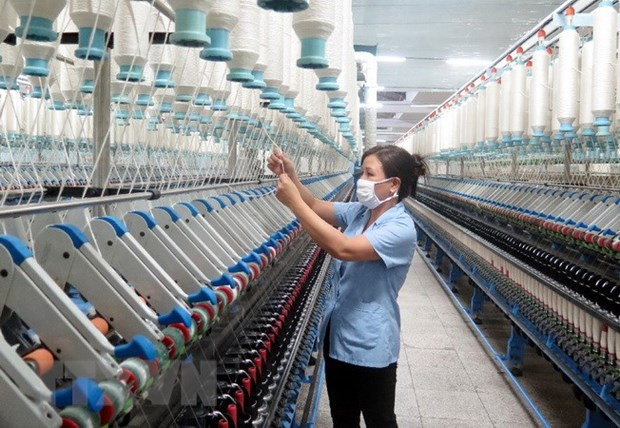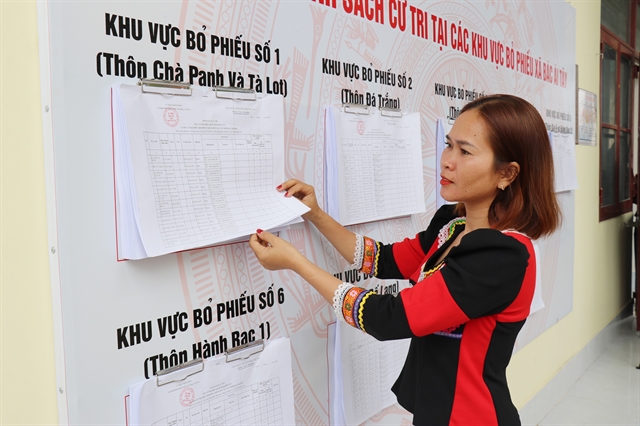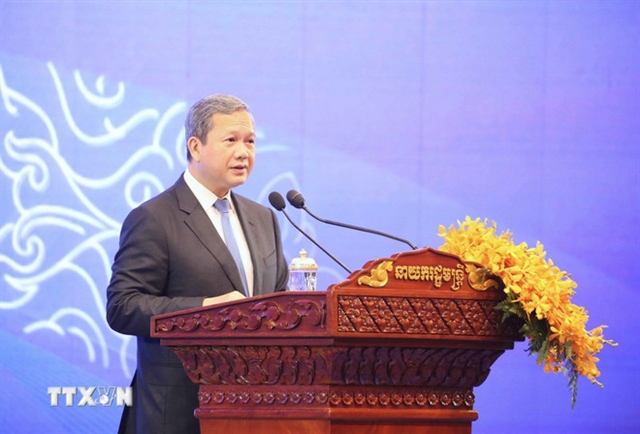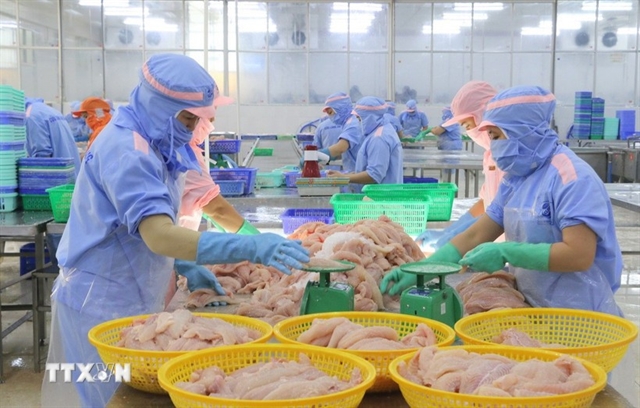 Economy
Economy


|
| 30 SoEs must be equitised in the remaining nine months of 2025 to meet the plan set for the 2023-25 period. Photo vnbusiness.vn |
HÀ NỘI — A Government’s plan of equitising 30 State-owned enterprises (SOEs) over the 2023-25 period is facing huge challenges, as none of them have been so far equitised this year.
According to the Ministry of Finance, the plan was that over the two year period, 30 SOEs would be equitised, with an expected revenue of more than VNĐ36.82 trillion. However, no enterprise was equitised in 2023, 2024 or in the first quarter of 2025, leaving the full number of 30 needing to be equitised in the remaining months of 2025.
Regarding the divestment of SOEs, no enterprise divested in March 2025 and the first quarter of 2025.
Although legal policies and mechanisms serving the restructuring process of SOEs has been promulgated and is continuing to be researched and improved, to ensure it is more rigorous and transparent, equitisation has so far stagnated.
Experts attributed the stagnation to limitations in planning, implementation, supervision and inspection of the equitisation. In addition, awareness by some heads of SOEs have remained limited. Other heads of SOEs have the psychology of ‘fearing of responsibility’ when implementing the work, which is considered a main barrier for slowing the equitisation progress.
In addition, there have been so far no sanctions for SOE heads in the slow implementation of equitisation and divestment.
Therefore, the Ministry of Finance (MoF) has repeatedly proposed the need to resolutely clarify and handle the responsibilities of related organisations and individuals, especially the heads of SOEs in the arrangement of equitisation, divestment and restructuring of SOEs. The ministry believes that the proposal can remove the SOE heads’ mindset that a slow or rapid implementation will not affect them.
In fact, the slow equitisation of SOEs has been going on for many years.
In 2022, nationally there was only one SOE equitised. Experts say that in addition to the fear of making mistakes, the regulations related to equitisation have not been developed into a law, making it difficult for SOE heads to implement the change.
Specifically, regulations on equitisation are mostly stated in circulars and decrees. Therefore, competent authorities need to supplement the regulations and develop into a law to create a complete legal corridor for implementation.
In addition, experts also believe that the equitisation of SOEs is still not attractive to investors.
The Vietnam Chamber of Commerce and Industry (VCCI) said that investors are very hesitant to buy the State's capital in SOEs, as it poses great legal risks. According to the VCCI, in many cases, investors bought into SOEs through public auctions, but when discovering internal errors from the seller, many suggested canceling the transaction and returning the assets. This causes investors reluctant to participate, even though they have the ability to better manage the enterprises and bring economic efficiency.
Based on this, the VCCI recommends that the MoF study and supplement regulations to protect the property rights of buyers when buying State capital in enterprises. At the same time, the MoF should supplement regulations on the obligation to disclose information of SOEs.
The VCCI believes if the proposals are approved, it will help speed up the equitisation process at SOEs and create a favourable business environment for domestic and foreign investors to participate in purchasing State capital at equitised enterprises. — BIZHUB/VNS




